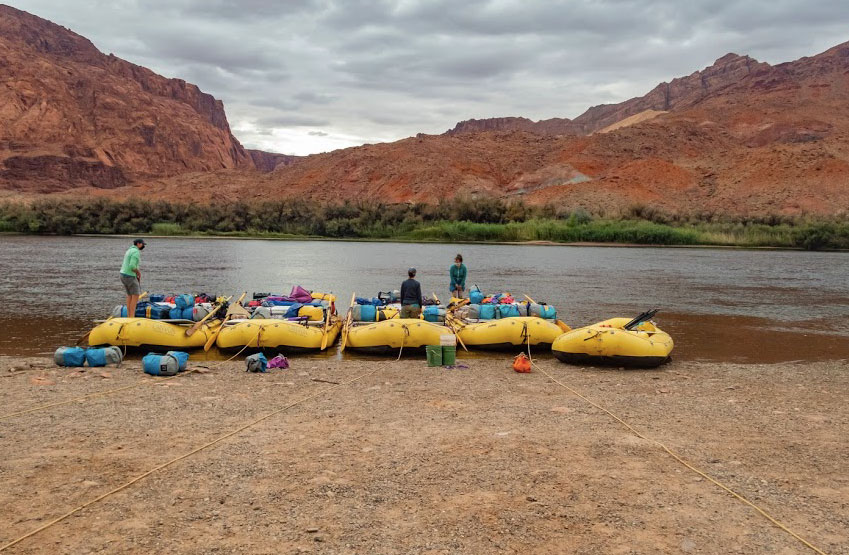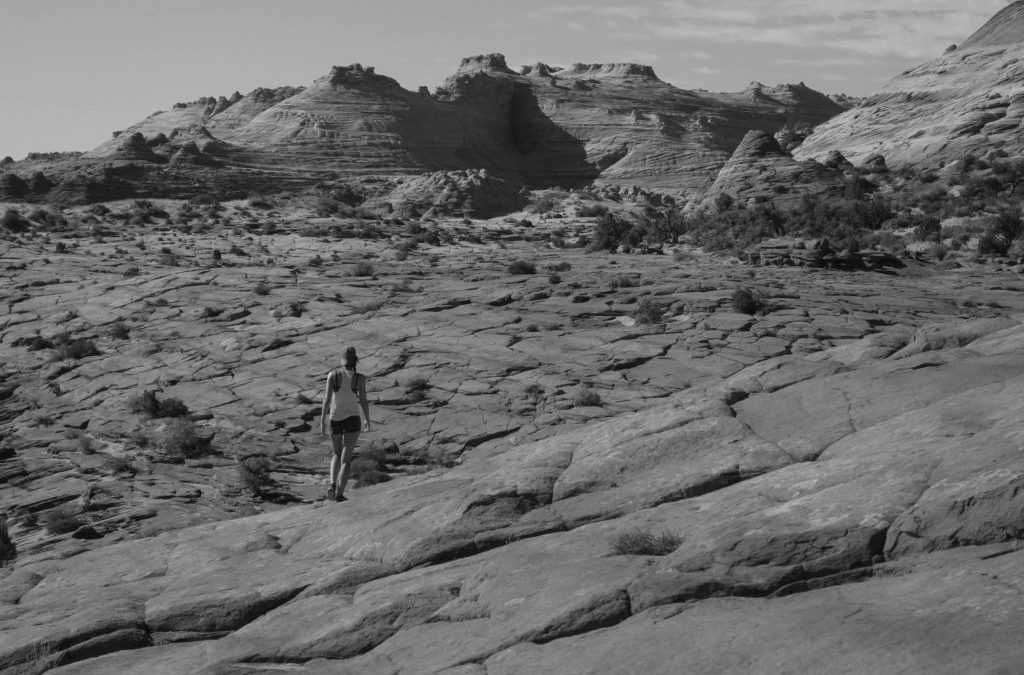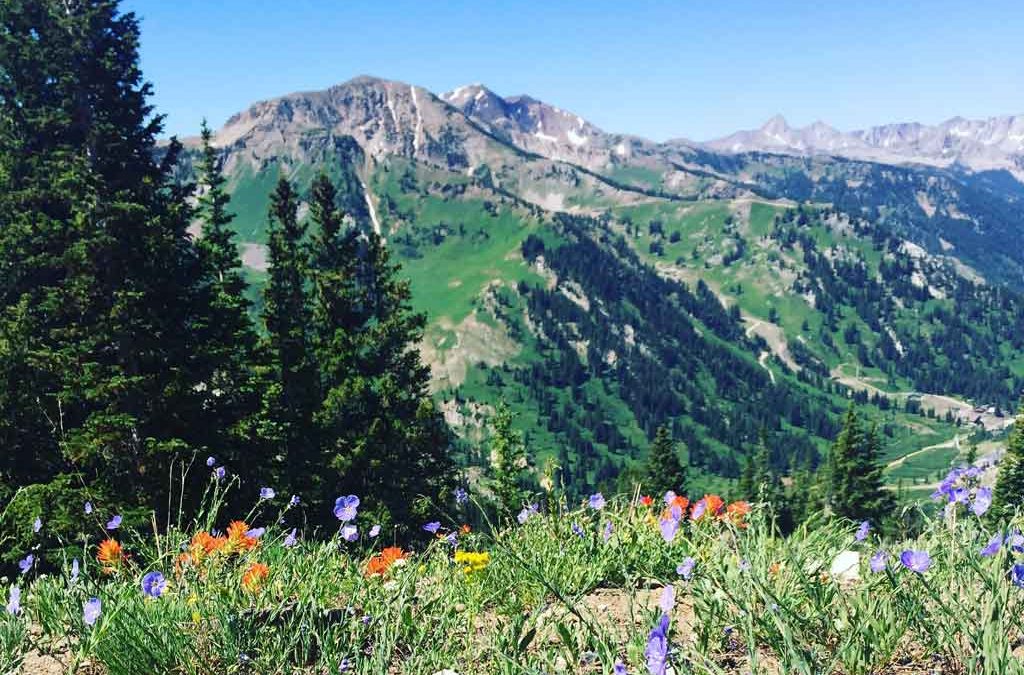
Worthy of Our Own Attention
Many of us have heard the phrase, You can’t take care of others if you don’t take care of yourself.
And many of us cringe wondering what we are supposed to do with this.
This is challenging for those of us whose sense of self worth is wrapped around being there for others or feeling like we are selfless. We put others’ needs before our own. It’s how we know we matter. It’s how we know people will accept us, praise us, and cheer us on.
It’s how we know we belong.
And this is the clincher because increasingly more studies are coming out revealing the human NEED (not desire) to feel a sense of belonging and connection with others. It’s a core human need. It helps us survive like food and water. It’s knowing we are secure in the “herd” and that we will not be ousted or left behind due to irrelevance. If we aren’t helping, then who are we?
It’s why we literally feel lost when we are given simple advice: Take care of yourself.
This happened to me on a recent 16-day commercial river rafting trip in the Grand Canyon. My role was to be an assistant to river guides and clients alike, in exchange to be able to go on the trip for no cost along with my husband, who was part of the crew. I asked friends who had been in this role previously, “What advice would you give?” One friend said “Don’t work too hard”. Another guide said to me as we were traveling to our launch location, “Elly… your job is to have fun”. I was thoroughly perplexed by this. Wasn’t my role as assistant to assist? It was becoming glaringly clear that my role was unclear. I wasn’t going to be told how to help, and what to do. I wasn’t going to be able to sit securely in my wanted identity as a helper. And of course I wasn’t expected to sit around and do nothing and just have fun, was I? My husband smiled, and said, “Don’t worry, you will figure it out”
And I did. But not without a break-down the third night.
I was slated to be one of the cooks. I was so relieved to have a set role, to know that my help was actually expected and needed after 2 days of scrambling to feel helpful — sometimes getting a clear message that my help was not really needed. And if that wasn’t enough to send me into full anxiety, I realized that my attempts to carry out certain tasks guides had been doing for years actually necessitated someone helping me help them. My help was burdensome!? Yikes.
So I scrambled up to the makeshift kitchen and started chopping onions. I was rushing to keep up with the other assigned cook — and I sliced my finger. I tried to cover it up with a paper towel as blood poured from what was now apparently a pretty deep cut. I was horrified. Another guide spied my mishap, and without a blink of an eye, said, “Elly, go take care of that, I will take over tonight”
Shame filled my body. I reluctantly removed myself and went down to the river to try and stop the bleeding of my finger–and my horrified ego. I had blown my first chance of being helpful.
Everyone else was nonplussed. “Oh this happens all the time to all of us” they said to me as I sunk further into a shame cycle. I finally got my finger to stop bleeding and felt relieved I could redeem myself by returning to the kitchen. In my rush to get back I didn’t notice that my flip flop had sunk deep into the bank of the river in a thick sludge of sand. My hurried movement to pull my foot out blew out my flip flop, followed by the quick realization that I had only brought one pair of flip flops, with yet another realization that the other pair of shoes I packed had given me sore spots on my foot (due to ignoring pain when it first started rubbing) and wouldn’t be the best alternative in the coming days.
I snapped.
I was good to no one in any capacity much less in the kitchen. My husband gave me some wise words that could not penetrate the tornado of shame encompassing me, and I retreated to the boat to calm down.
“Elly, you really got to be more patient with yourself” said a voice from a neighboring boat.
I wanted to scream at her accuracy.
How does this happen to some people and not to others? Why do I, and not others, think the world will end if anyone thinks for a second I am putting my needs first? How do I fear so deeply looking selfish or self centered or unhelpful? Why do I go into a shame cycle, a stress response or into desperate acts of managing perception so I mitigate looking like I think I am worthy of my own attention.
The answer is conditioning.
From the time I was a child, I was told over and over how helpful I was, what a good listener I was, how I was the person everyone turned to for help, and how I was self-less. This developed in me a drive, if not an urgency, to be these things…all the time. Because if I did not, it created shame and a fear that I would lose connection from those who loved and accepted me for, and only for, so I believed, the very qualities they affirmed.
But not all of us received affirmation for the same qualities. But we usually have one or two that brings up a primal fear of rejection if we don’t live up to it.
Some of us were told we are funny, we are pretty, we are smart, athletic, brave, strong, calm …the list goes on. Whatever compliments we heard most about ourselves growing up can become in our adult lives, and often do, a vehicle for shame and a risk to our sense of safety with others, if these qualities are threatened or not realized. Which is why it is uncomfortable for people who conjure their self worth by being helpful to not feel helpful. In desperately trying to perpetuate this identity, it’s easy to fall into a habit of poor self care–in its many forms.
Now, life on the rim as we know it –not on the river–we can get away with denying ourselves our own attention for quite a while, years even, without obvious or dire consequences–at least on the surface. We can go years thinking we are okay putting ourselves aside, not tuning into our own needs in order to be there for others. We are slow to wake up to how we have become not only dependent on being needed for our worth, but also depleted emotionally and physically by all the ways we haven’t also asked ourselves what we need.
It only took three days on the river for this to be mind boggling apparent about myself.
If I wanted to continue to be a viable assistant I was going to have to assist myself-first and foremost. After my trip to “Snap Canyon”, which is what emotional breakdowns are called on river trips, I slowed down. I became more present to myself which allowed me to see the people around me more clearly–and ironically be more attuned to what they needed, and what needed to be done in general. The less I tried to help, the more helpful I was. I washed my hair at lunch time instead of rushing to cut apples, which allowed me more time in the evening to avail myself to small details around camp needing tending. I bandaged my feet and fingers first thing in the morning instead of putting it off while I voraciously washed breakfast dishes. I was then able to be ready to help with loading the boats for the launch of the day. I could go on and on with all the ways I listened first to how I could take care of myself so I was prepared, centered and solid to be part of, and helpful to, the group.
We need to be worthy of our attention
When I think back to the original two bits of advice I received and ignored: Do not work too hard and be sure to have fun, I laugh thinking how that made no sense to me. And how now it feels magical and true for all of us, in our everyday lives. In order to show up and be present for others, we need to center ourselves first. We need to be worthy of our own attention. It is then we can see with clarity what’s really needed around us, how we can be helpful, rather than just doing whatever it takes, at cost to ourselves, to remain perceived as so.
Otherwise, I hate to say it but it shows up in so many ways. We are sure to find our finger cut and bleeding, while walking around with one flip flop.
I invite you to think and write about…
- Ways you practice being worthy of your own attention.
- Ways that you practice self care
- A story about a time in your attempt to help others, you lost your own balance and what you learned from it.
- How you know you aren’t taking care of yourself…how you know you are. What does each look like?
Feel free to share with me what you wrote via email at ellyn@sixwillows.com. If you’d like feedback or have a discussion about what came up for you, let me know and we can schedule a time to talk.


